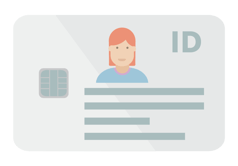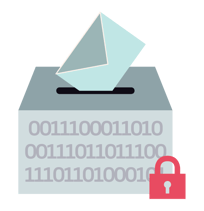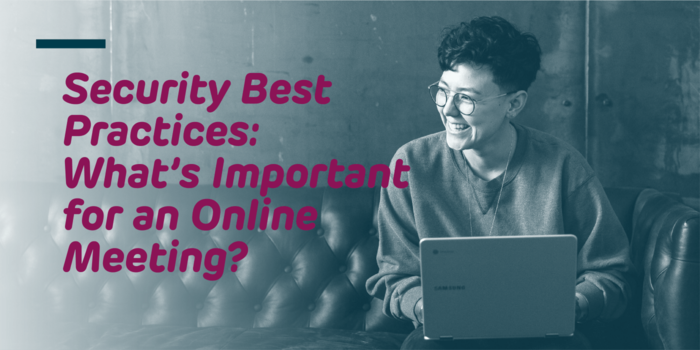Decision-making events and the security they require
There is no doubt that online meetings and assemblies have become a vital part of our everyday lives, and it’s likely to stay that way. In a recent survey by Gartner, 74% of CFOs polled said they were planning to shift some portion of their employees to remote work permanently, even post-COVID-19.
However, many online conferencing solutions may not be as secure as we’d like, a fact that was made clear when security issues were found in Zoom last year. In order for your online meeting or assembly to be secure and private, you should consider the following security measures:
1. Multi-factor Authentication
2. Encrypting Data
3. Voting Security

Multi-factor Authentication
While there are various methods for authenticating eligible members in an online meeting or assembly, all procedures must include at least two factors of member authentication. These two pieces of information can be a username and password, or a phone number (or e-mail address) and a personal ID number. Using at least two factors of identification prevents any impersonator trying to randomly guess login information from gaining access to the meeting.


Sending unique access codes to a user’s phone number or e-mail address has the added benefit of utilizing a third factor of authentication. That is, members who are sent an access code via SMS must not only have entered their correct phone number into the system but must also be in physical possession of their phone in order to receive the code. Similarly, voters who receive an access code via e-mail need to know their e-mail login credentials in order to obtain the code.
Multifactor authentication is the most robust and surefire way to guarantee that only eligible members can partake in an online meeting, no matter on which device or from where they are participating.
Encrypting Data
Since meeting information can sometimes include members’ personal data as well as sensitive internal organizational information, encrypting data is an important aspect to consider. Online meeting systems should provide configurable data encryption options in order to guarantee that sensitive information is encrypted, if needed. Ensuring that a provider can offer data encryption is necessary to guarantee that sensitive information remains confidential and secret.

When data, such as member’s log in credentials, is encrypted, it is turned into an unreadable code of letters and numbers. In this way, if any unauthorized party were to somehow gain access to the list of credentials, they would have no way of reading or interpreting the information.
Voting Security
Standard online voting security measures should also be in place when members vote on agenda items in an online meeting. These include: encrypted votes, from which only the meeting organizer can extract results; and voting receipts, which allow voters to verify that their vote was counted and included in the final results.
While these security protocols may seem complicated, any qualified technology provider should already have them built in for you. Encryption and the application of digital signatures are often configured to be applied automatically, and the online meeting solution should generate voting receipts on its own, requiring no extra effort on your part. With all of these measures in place, you can be rest assured that your online meeting will be secure and transparent.

